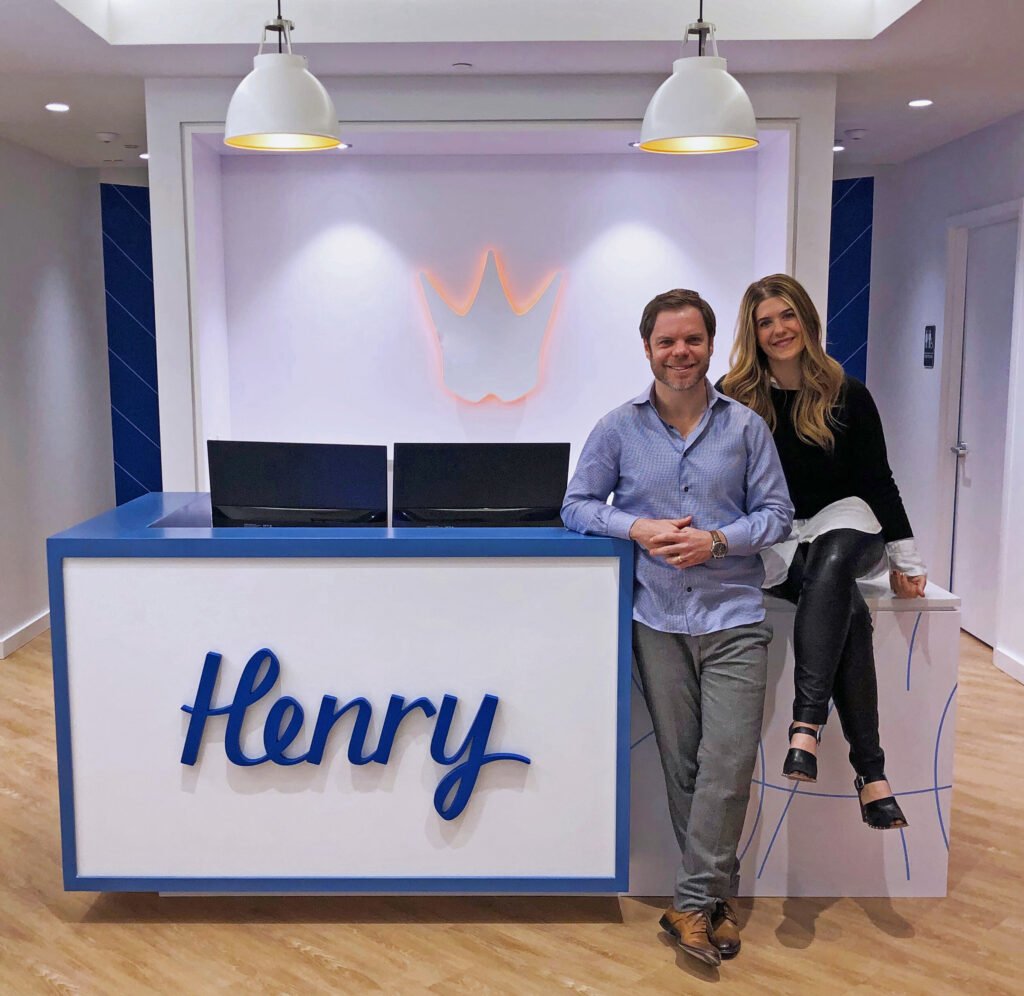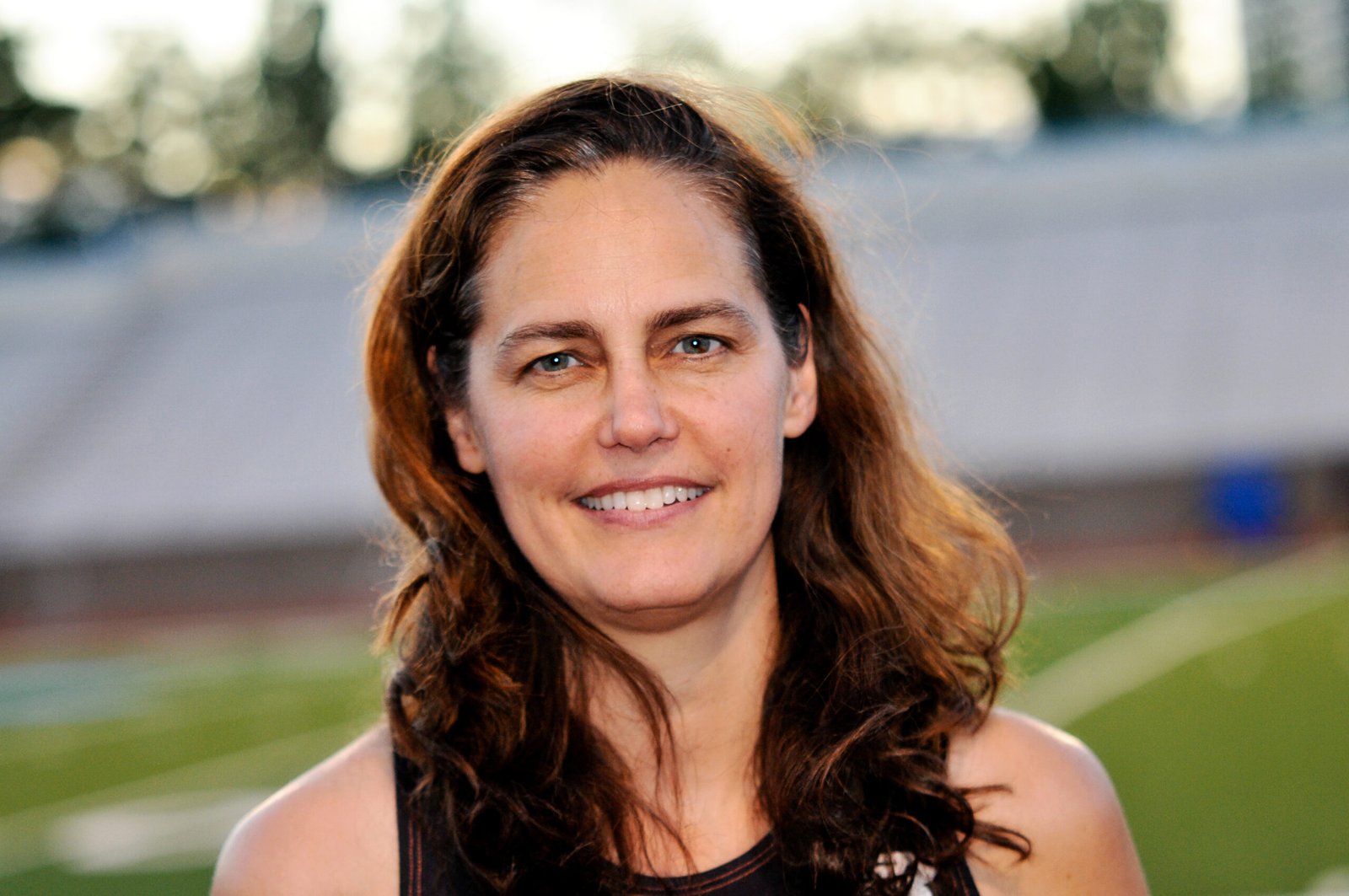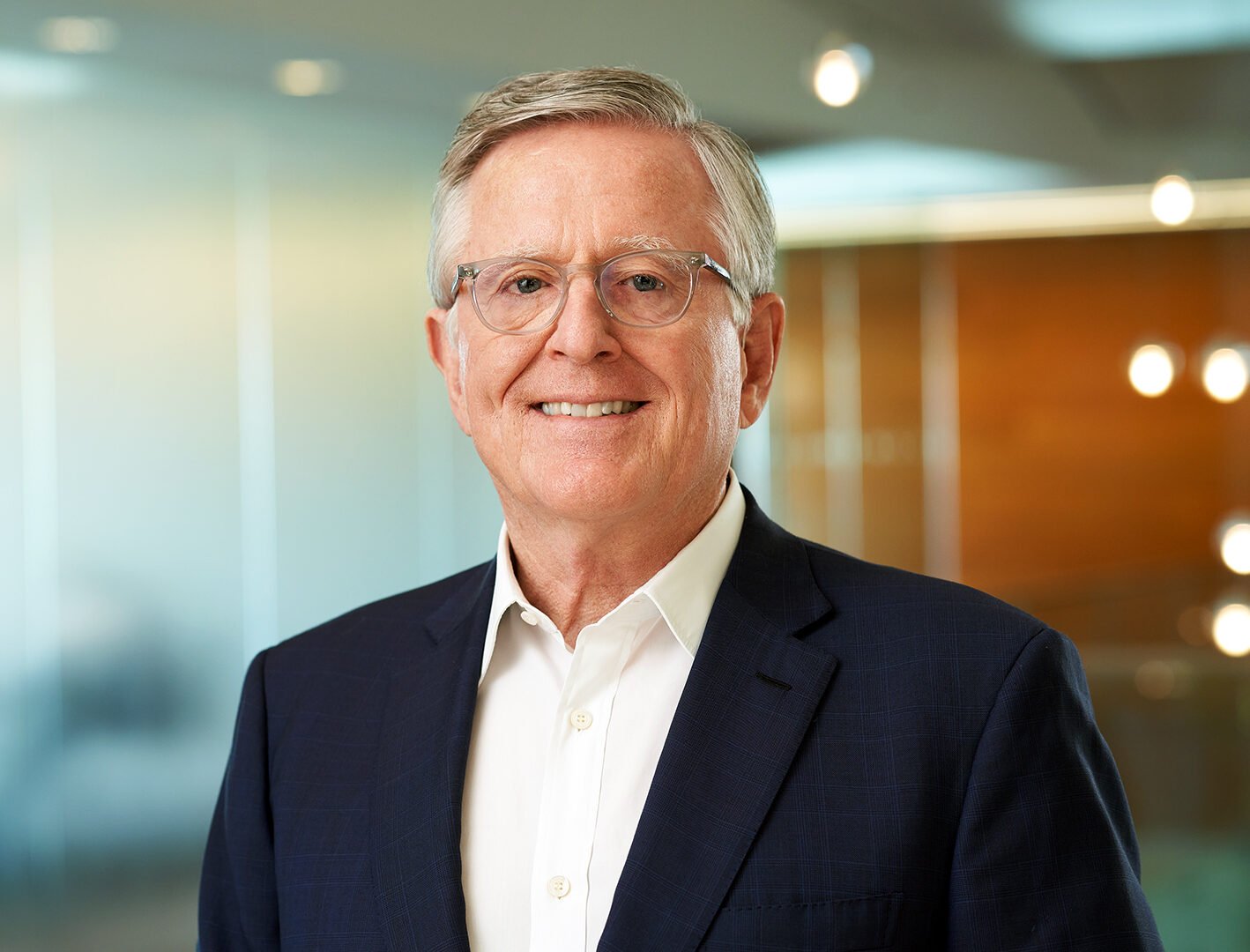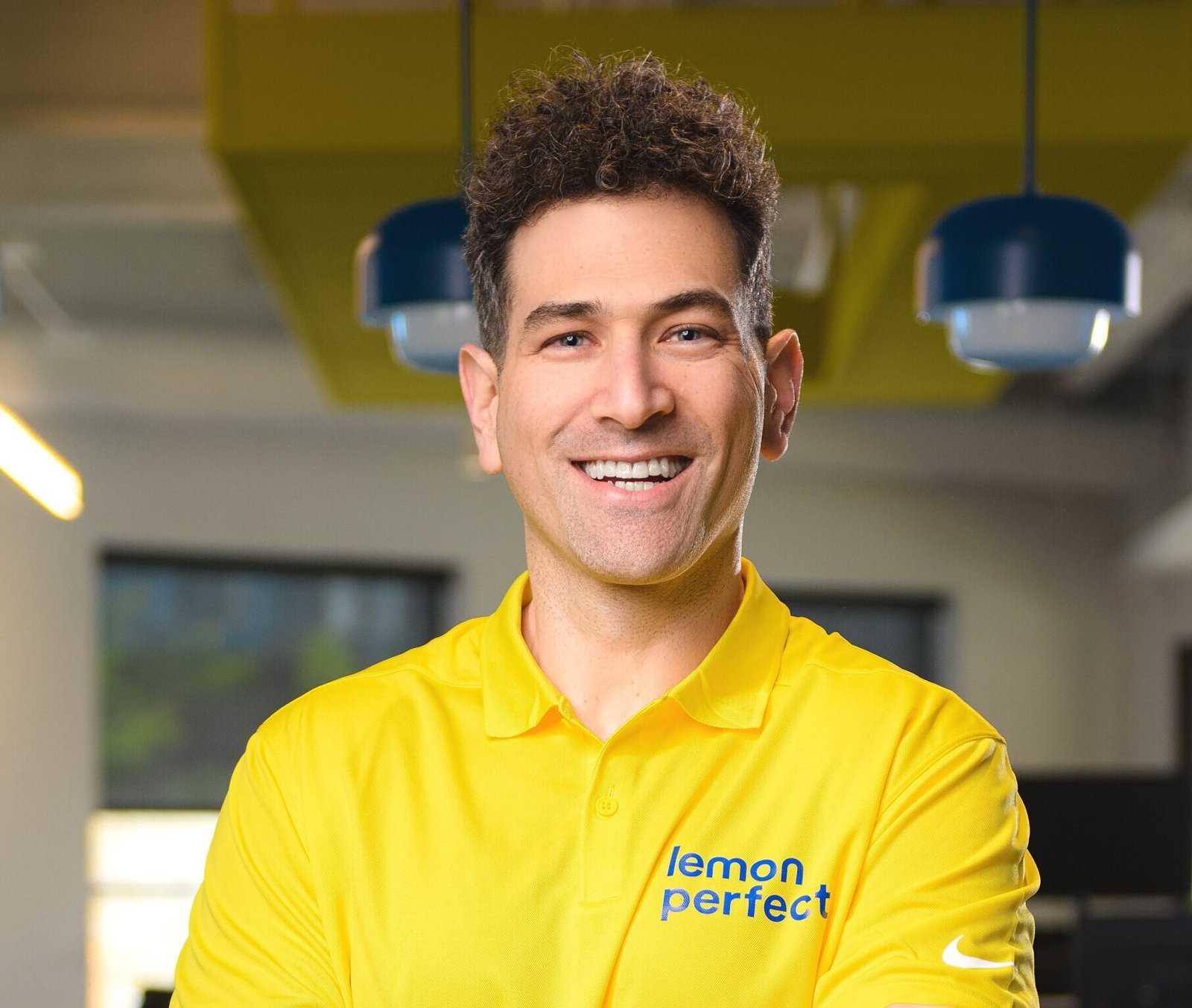I recently went one on one with Justin Joffe, founder and the CEO of HENRY The Dentist. Justin has led HENRY’s rapid expansion across four states (New Jersey, Pennsylvania, Georgia and New York), and most recently raised $10M in Series A funding for HENRY to continue along its aggressive growth trajectory. HENRY currently partners with 100+ companies, including Jet.com, UPS, Unilever, BMW, ADP, Merck, Urban Outfitters and CNBC.
Adam: Thanks again for taking the time to share your best advice. First things first, though, how did you get here? What experiences, failures, setbacks or challenges have been most instrumental to your growth?
Justin: I like to think that starting and building HENRY has been a 15 year journey, or even longer! I grew up in a family where an entrepreneurial spirit was encouraged and dinner table conversations were centered around ideas and lessons in business, so a passion for building companies was ignited in me young.
My career path began at The Boston Consulting Group where I was a management consultant. With my sights set on entrepreneurship, I completed my MBA at Harvard Business School before going on to be CEO at two separate ventures; One was an education company with my father where I learned B2B sales and how to work efficiently and effectively alongside a family member (which helps today working with my wife!), and the second was a retail beauty company, where I learned about building brands and operating multi-unit service businesses.
There have certainly been challenges and setbacks along the way. I think one of my biggest challenges was discovering how difficult it is to take the reins from a founder when transitioning into the CEO role. Systemizing processes, raising new capital, and reorganizing a company filled with founder DNA is no easy task, and I applaud those leaders that are able to execute a seamless transition.
My previous experience as CEO is what helped me realize that I truly wanted to build a company from the ground up, “zero to one.” I wanted to design a business in an industry I’d be proud to be operating in, work with people who are experts in their domain, and partner with investors who are aligned on the long-term version, and that’s exactly what we’re doing at HENRY.
Adam: How did HENRY The Dentist come about? What compelled you to launch the business and how did you take it from idea to its current iteration?
Justin: As I mentioned, I knew I wanted to build a company from the ground up and I wanted that company to be operating within an industry I’d be proud to be supporting.
People are always surprised to hear I have no background in dentistry or healthcare, but in reality, the idea of HENRY actually came about quite simply. I was sitting around a casual dinner table with my friends and wife Alexandria Ketcheson (Co-Founder and Chief Brand Officer of HENRY) when a conversation around oral health casually struck up. Surrounded by a group of young, healthy individuals, I was surprised to learn that, despite having access to dental care, not a single person at the table had visited the dentist for a preventive check-up in the last year. In fact, most at the table had not been to a dentist in 2+ years. A lightbulb immediately went off when I realized dental care is an important part of healthcare, and it’s a problem we’re not taking advantage of preventative care.
HENRY soon made its debut as a B2B state of the art mobile dental practice in New Jersey in 2017, offering companies in-network dental care on-site at the workplace. Since launching, we’ve expanded to four states, often expanding to where our clients have offices, we’ve partnered with 100+ companies, and we’ve debuted new dental care delivery models (in addition to the mobile practice) to infiltrate dense cities.
Adam: Can you walk through both your $4 million seed round and your $10 million series A? What are the best lessons learned? What advice do you have for other entrepreneurs?
Justin: For the first year when getting HENRY off the ground, I didn’t take a salary. I was using my life savings to buy time while researching and planning the business – you get used to Ramen noodles paying Manhattan rent! I took a $600,000 SBA loan, which was secured against the first mobile dentist practice and Personally Guaranteed, to get the first practice funded. In the initial fundraising process, I was turned down by over 50 investors.
It wasn’t until I competed in the Harvard Business School New Venture Competition that HENRY really started to gain traction and attract the attention of investors. We won Best Early Stage Company in the Northeast region and Soraya Darabi from Trailmix Ventures happened to be sitting in the audience. She became our first institutional investor. Our fundraising then snowballed, and over the next 18 months we raised over $15M. Our Seed round was led by Andrew Mitchell at Brand Foundry Ventures, and our most recent Series A was led by Kirsten Green at Forerunner Ventures.
My advice for other entrepreneurs is persistence pays off. Take each “no” as an opportunity to better your product and pitch so that the next investor you approach can’t say no.
Adam: As an entrepreneur in the healthcare space, what are important trends on the horizon that you believe other entrepreneurs and consumers alike should be aware of?
Justin: We fundamentally believe that the future of healthcare will be delivered where, when, and how patients want. We’re seeing a consumerization of healthcare, largely driven by the frustrations and costs people are experiencing with accessing healthcare today.
HENRY was started around the statistics that 40% of people have not gone to the dentist in over a year, largely because of inconvenience and friction in the patient experience. That percentage is just within the dentistry category. I think consumers are going to start acknowledging the intertwining of healthcare and wellness, and they’re going to start becoming more aware of the importance of preventive care, and as that happens, they’ll demand more from healthcare brands and companies
We see HENRY at the forefront of this movement, and we’re paving the way to advancing the last mile of healthcare by bringing providers to the workplace.
Adam: In your experience, what are the defining qualities of an effective leader? How can leaders and aspiring leaders take their leadership skills to the next level?
Justin: I don’t believe there’s a single approach on how to be an effective leader. History has shown us that many styles of leadership can work, as long as they’re authentic and internally consistent.
For me, I believe leadership is defined as someone who sets the direction and inspires others to join the movement to get to that destination. To be respected as a leader, you need to do the work to understand the business, set a responsible direction and pacing along the journey, hold people accountable for quality, and treat people well.
I also strongly believe that the best leaders have the confidence to overcome doubt and the humbleness to seek out input. I have a professional coach who I connect with weekly and who has down a 360-degree review about my leadership – interviewing Board members, directors and some of the first hires at HENRY. The insights were powerful and something I refer back to regularly to improve my style and leadership effectiveness.
Adam: What are your best tips applicable to entrepreneurs?
Justin: a. “Do What You Love” is not enough. It’s an incomplete notion that gets many entrepreneurs in trouble. Yes, you should love what you do, but it needs to be in the pursuit of a rational endeavor.
b. Ultimately, a company needs to become profitable. You’re the largest investor in your company, committing time, opportunity cost, and capital. Ensure you have a “path to profitability” and analyze the economics of the venture to ensure you’re building a sustainable enterprise.
c. Recognize that not all companies are designed for Venture Capital. The source of capital needs to match the type of business. Some companies are better-off as small owner-operated enterprises. Some are best funded by debt and friendly capital. Venture Capital requires a certain level of growth, returns, and exit. Not all businesses will get acquired or “exit” with a major liquidity event.
d. Evaluate the right metrics: profit, cashflow, customer retention, employee retention, KPI growth. Not capital raised, headcount, and sales (in the absence of a path to profitability).
Adam: What is your best advice on building, leading and managing teams?
Justin: Firstly, be real – tell people what you expect, explain where you’re trying to go, and why. Be supportive and helpful while leading the team in that direction, but hold everyone accountable to a high standard. Everyone needs some guidance, and most will thrive if you tell them where and why, and let them figure out how.
Adam: What is the single best piece of advice you have ever received?
Justin: Sales solves all.









